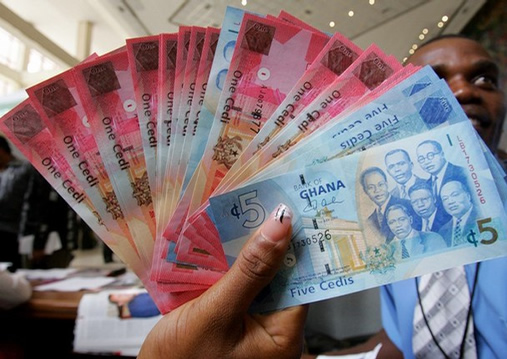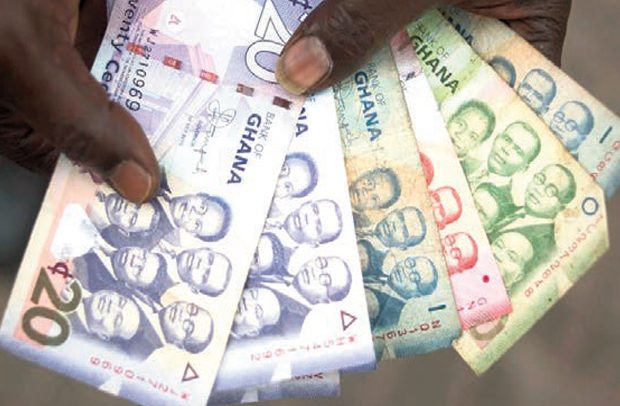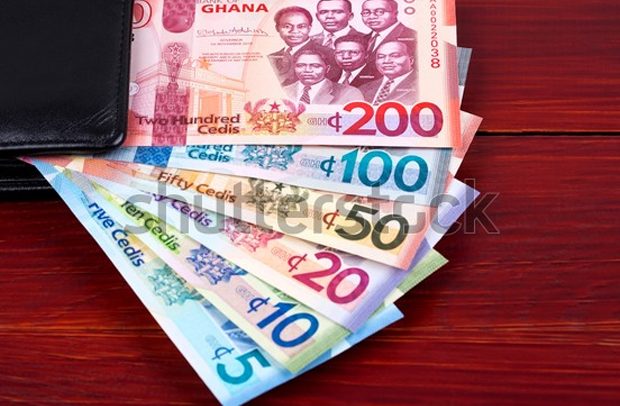
There’s incipient optimism about the fortunes of the cedi, with bank chiefs telling the B&FT they expect the imminent arrival of Cocobod’s US$1.8billion syndicated loan to boost forex supply and stabilise the currency.
“When that money comes in, it will help arrest the situation to some extent,†Samuel Ashitey Adjei, Managing Director of Ecobank, said. “We are talking about demand and supply, so if the supply side improves then it will help stabilise the currency.â€
His view concurs with Bank of Ghana Governor Henry Wampah’s prediction last month that the cedi, which has weakened by more than 20 percent to the dollar this year, will see some stability in the second-half with the expected addition of the Cocobod funds to the central bank’s reserves.
“This year we are expecting a bigger crop in terms of value, because the price is higher than last year. The second-half of the year looks a lot better than what we have in the first-half. I believe that we will see stability going forward,†Dr. Wampah stated.
Gilbert Hie, Managing Director of Societe Generale, said the cedi’s depreciation has slowed since a disastrous slump in January that moved the central bank to launch a raft of new foreign exchange measures.
From being quoted at 2.21 to the dollar on January 2, the cedi depreciated to 2.68 on March 31 and further down to 2.95 on June 6, according to central bank data.
Mr. Hie said he expects the cocoa funds, which are borrowed annually from abroad by Cocobod to purchase beans at the start of each harvest season, to shore-up the cedi.
The Ecobank MD backed the central bank’s measures to stabilise the cedi, saying the currency would have strengthened had the Bank of Ghana been able to inject enough foreign exchange to aid supply in the market.
“I think the central bank has all good intentions in introducing the directives. We all, together, have to do something to arrest the free-fall of the cedi. I don’t think it would be fair for individual businesses to think about their businesses alone, forgetting about the economy in general.
“Some of us believe that if the central bank had a lot of dollars and had sold them to the market to support the directives, the cedi would have stabilised.â€
The sense of optimism was somewhat tempered however by Nana Otuo Acheampong, a banking analyst and Executive Head of the School of Banking & Management at the Osei Tutu II Centre of Executive Education & Research in Kumasi, who said the Cocobod loan is likely to provide only temporary relief.
“My premise is that for as long as our imports exceed our exports we will have problems. For the short period that the Cocobod money comes in, it will give a respite; but how long will that last for? Just by the end of October businesses will start stocking for Christmas and imports will go up. So, in the long-term, this will not work.â€
Societe Generale’s Mr. Hie also stated that the “US$1.8billion from the Cocobod syndication deal will not be the medicine curing the economic disease; it will just have a positive contributionâ€.
He said it is “absolutely necessary†to tackle the large domestic and external deficits, adding: “There is no reason why the currency will continue to depreciate if macroeconomic measures are balanced wellâ€.
By Bernard Yaw Ashiadey | B&FT Online | Ghana


























Facebook
Twitter
Pinterest
Instagram
Google+
YouTube
LinkedIn
RSS